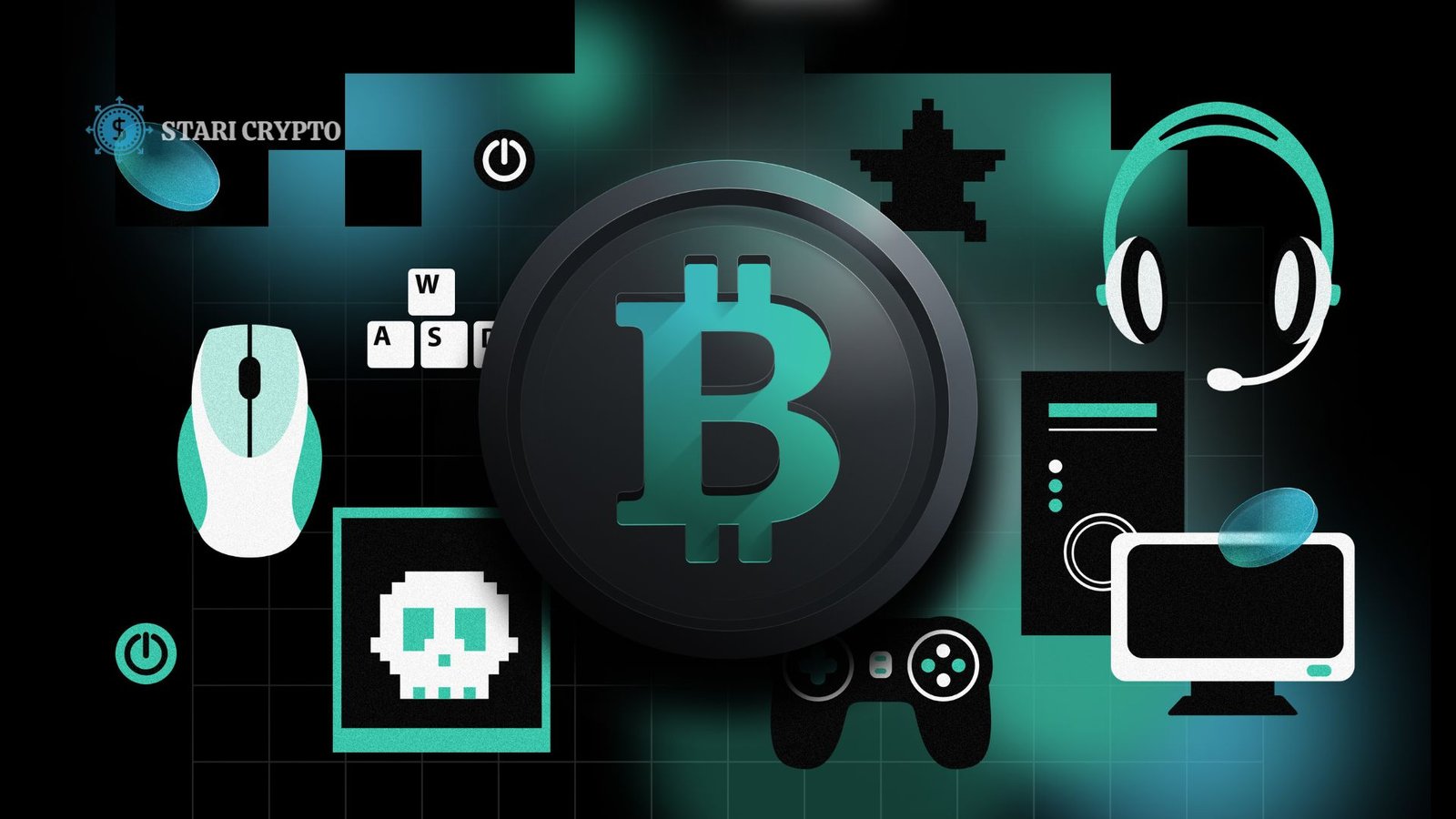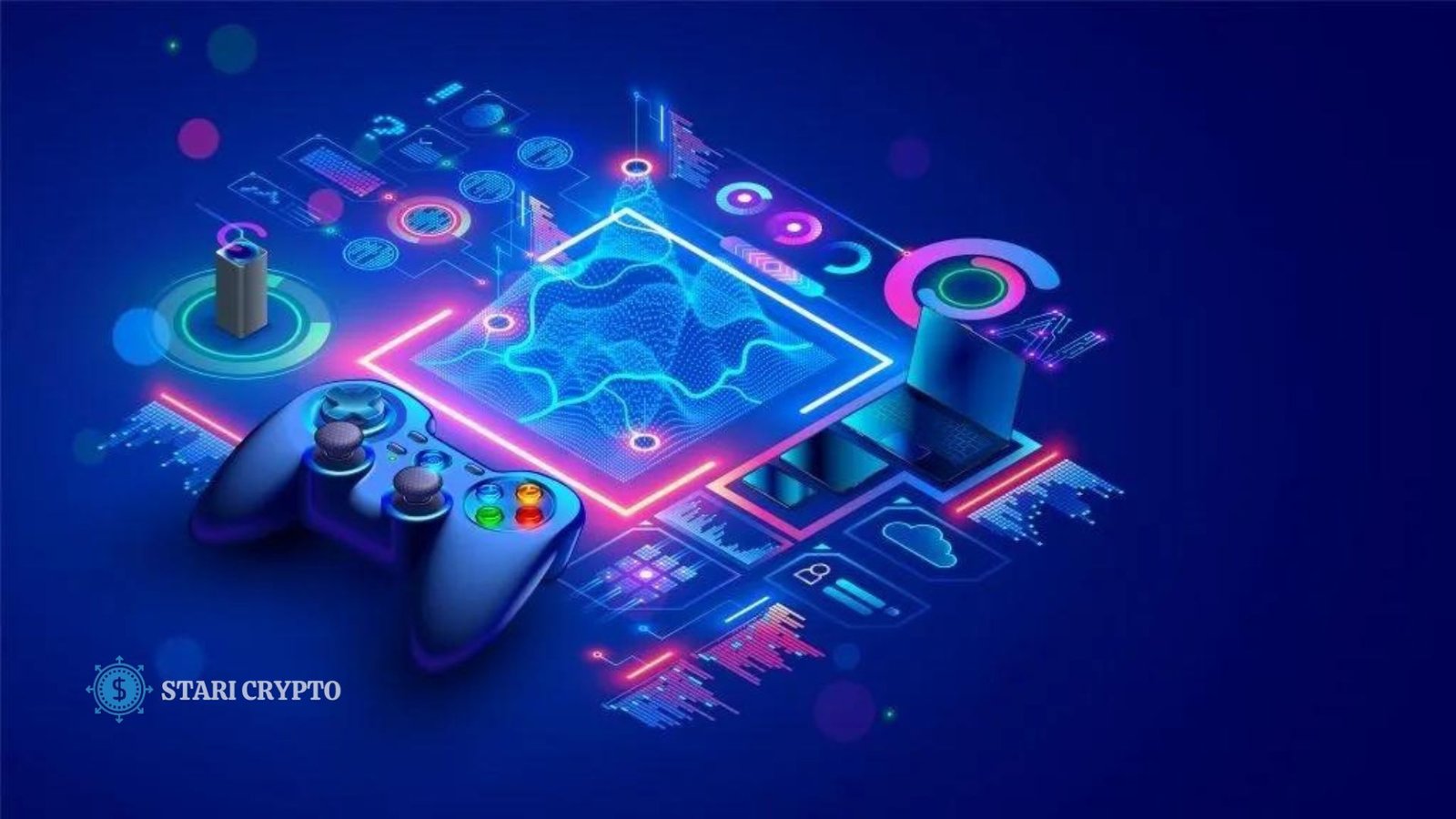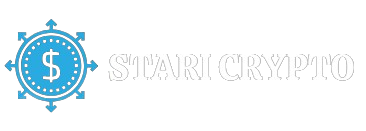Blockchain Game Development: Whenever new technology like 3D graphics, VR, or AI has emerged, the game industry has been the first to use it. Integrating blockchain technology into game production is one of the most recent and profound advancements. By facilitating the creation of decentralized, transparent, and safe ecosystems for both gamers and developers, blockchain technology can completely transform the gaming industry. This article will define blockchain game development, walk readers through its process, highlight its advantages, and look into its potential future applications.
What is Blockchain Game Development?
Blockchain game development involves integrating blockchain technology into video games. In traditional gaming formats, characters, weaponry, and in-game money are traditionally owned by the game’s publishers or creators. Players do not actually “own” these products, even if they may purchase them with real money. Problems like fraud or asset loss due to disconnected game servers are possible outcomes of this centralized paradigm, which restricts user control.
Blockchain technology changes this, enabling players to possess their virtual assets using cryptocurrency or non-fungible tokens (NFTs). The decentralized and unchangeable record known as a blockchain guarantees the legitimacy, security, and transferability of these digital assets, making them ideal for use in video games. New possibilities for player ownership and interaction arise when players are able to trade, sell, or use their assets across several games.
How Blockchain Works in Gaming
Smart contracts, which are agreements encoded into code and designed to execute themselves, are the backbone of blockchain gaming. The development, circulation, and exchange of virtual goods are all controlled by smart contracts in blockchain-based games. Due to blockchain’s decentralized nature, no one entity has authority over the data, guaranteeing participants’ security and transparency. One use case for NFTs is in a blockchain-based game, where they might stand in for virtual goods, characters, or skins. The player is the only owner of these NFTs.

In a decentralized marketplace, players can purchase, sell, or trade these assets with the assurance that their ownership and authenticity are guaranteed by the blockchain. The incorporation of cryptocurrency into games is another essential feature. You may buy things in many blockchain games using either the game’s native tokens or well-known cryptocurrencies like Solana or Ethereum. These tokens have real-world monetary worth since players can earn them or buy them with in-game currency.
Benefits of Blockchain in Game Development
Some of the advantages of using blockchain technology in game production include the capacity to generate interoperable assets across multiple games, improved security and transparency through decentralized ledgers, and the potential to create digital assets that players truly own through NFTs. Additionally, it facilitates decentralized economies wherein in-game actions can be converted into real-world currency.
Actual Ownership of Digital Assets
Blockchain provides gamers with genuine ownership of their digital possessions, a major benefit. In traditional games, players spend hours acquiring stuff or leveling up, but these assets are stored on the servers. Players can store, sell, or trade in-game NFTs on the blockchain. Actual ownership allows players to sell rare things or trade assets in decentralized marketplaces for real money. It also protects players’ assets when the game goes down.
Transparency and Fairness
Since all in-game transactions and actions are recorded on a public ledger, blockchain technology ensures total transparency. The ability to verify each transaction eliminates the possibility of manipulation, fraud, and cheating. A more level playing field is created by smart contracts, which guarantee consistent enforcement of laws and outcomes. Blockchain transparency aids developers in gaining community confidence. Making sure there are no hidden algorithms or unfair practices, players may see how the game mechanics and awards are dispersed.
Interoperability Between Games
Interoperability is another fascinating aspect of blockchain gaming. Traditional games limit objects and characters to their original game. Blockchain lets users move assets between games or platforms, creating a connected economy where assets have value across experiences. A player may win a rare weapon in one game and use it in another or sell it for cryptocurrency. Game communities can now interact and engage in new ways.
Decentralized Gaming Economies
Blockchain enables decentralized in-game economics. Players can earn Bitcoin by completing quests, winning battles, or selling stuff. They can trade these tokens for real money or acquire more in-game items.Blockchain games have a player-driven economy, unlike traditional games, where producers can influence it to increase money. Players can shape the in-game economy, and developers can design new revenue models like play-to-earn (P2E) systems that reward players with real money.
Security and Fraud Prevention
Decentralization makes blockchain secure and hack-resistant. Centralized servers in traditional gaming can be hacked, resulting in data breaches, account hacks, and in-game asset loss. Blockchain stores data on a distributed ledger that is essentially untamperable, eliminating these dangers. Blockchain also protects players’ digital assets from duplication or theft. Players may rest assured that their tokens and stuff are safe, improving the game.
Challenges of Blockchain Game Development
While blockchain offers numerous benefits to the gaming industry, there are also several challenges to consider:
- Scalability: Blockchain networks, especially those using Proof-of-Work (PoW), can face scalability issues, leading to slower transaction times and higher costs. For a game with millions of users, this can be a significant hurdle.
- Complexity: Implementing blockchain in game development requires specialized knowledge and skills. Developers must understand smart contracts, cryptocurrency integration, and decentralized networks, which adds complexity to the development process.
- Regulatory Concerns: As blockchain games incorporate real-world value through cryptocurrencies and NFTs, they may face regulatory challenges in certain regions, especially regarding taxation, money laundering, and gambling laws.
- User Adoption: Many gamers may not be familiar with blockchain technology or comfortable using cryptocurrencies, creating a learning curve and potential barriers to adoption.
The Future of Blockchain Game Development
It appears that blockchain game creation has a bright future ahead of it. Developers and users alike may look forward to increasingly immersive decentralized gaming experiences made possible by blockchain technology. Thanks to blockchain gaming, players will be able to own, trade, and interact with digital assets across various games and platforms.

Which is expected to play a pivotal part in the creation of interconnected virtual worlds with the advent of metaverse platforms. Furthermore, play-to-earn models will keep expanding, providing users with more chances to earn real-world value while gaming. The capacity of blockchain technology to establish decentralized, transparent, and secure ecosystems may revolutionize the gaming industry by reshaping gameplay, game development, and game monetization.
In Summary
Developing games on the blockchain is bringing in a new age of gaming where players have more agency, more transparency, and the chance to earn real money. The use of blockchain technology in video games presents exciting new possibilities for creativity and could revolutionize the industry despite certain obstacles. The development of blockchain technology bodes well for a decentralized, secure, and player-driven gaming future.
More Read: The Importance of Blockchain in Customer Service 2024
FAQs
1. What is blockchain game development?
Blockchain game development involves integrating blockchain technology into video games to create decentralized, transparent, and secure ecosystems. It allows players to own in-game assets, trade them as NFTs, and earn cryptocurrency through gameplay.
2. How do NFTs work in blockchain games?
NFTs (non-fungible tokens) are unique digital assets that represent in-game items, characters, or currency. In blockchain games, players own these NFTs and can trade, sell, or use them across different games or platforms.
3. What are the benefits of blockchain in gaming?
Blockchain provides true ownership of in-game assets, transparency, and fairness, security, interoperability between games, and supports decentralized gaming economies, where players can earn real-world value through gameplay.
4. What are the challenges of blockchain game development?
Challenges include scalability issues, the complexity of integrating blockchain, regulatory concerns, and user adoption barriers, as many gamers may not be familiar with blockchain or cryptocurrencies.
5. What is the future of blockchain gaming?
The future of blockchain gaming will likely involve more immersive. Decentralized experiences, with interconnected metaverse platforms, play-to-earn models, and new opportunities for players and developers to interact with digital assets across multiple games and platforms.
















